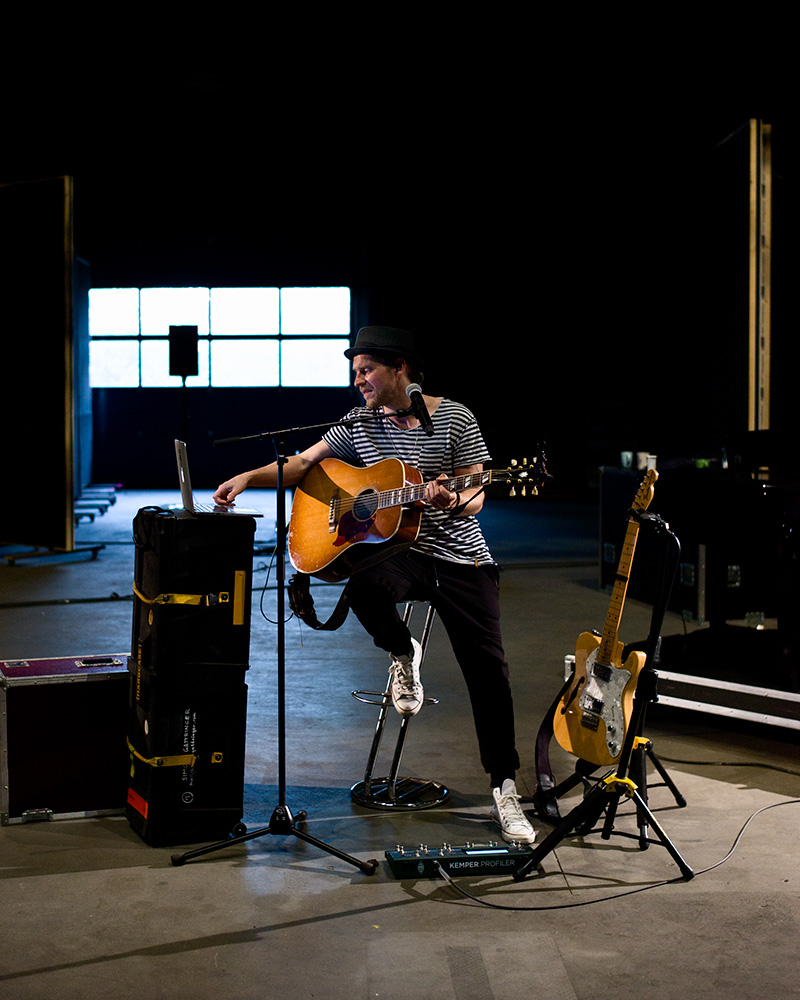
Es geht wieder auf Tour – Johannes Oerding und Band machen sich vom 25. Oktober bis 25. November auf, in Deutschland, Österreich und der Schweiz ihre Kreise zu ziehen. Letzte Woche waren die Proben … und hier gibt es einen kleinen Eindruck davon.
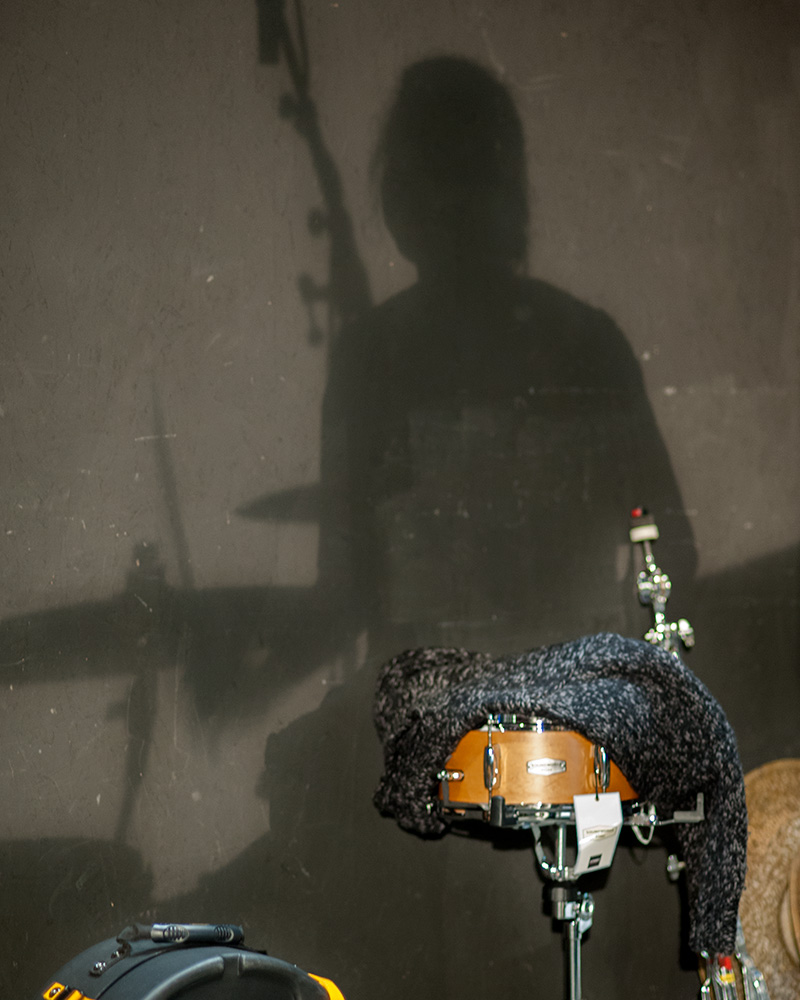
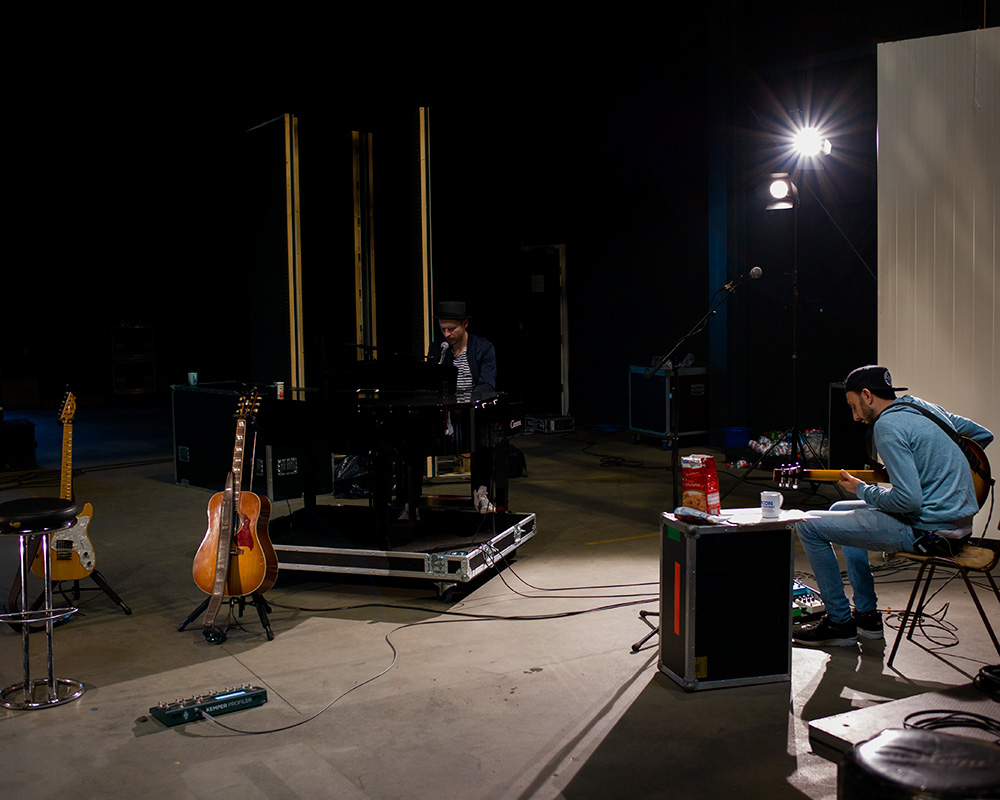
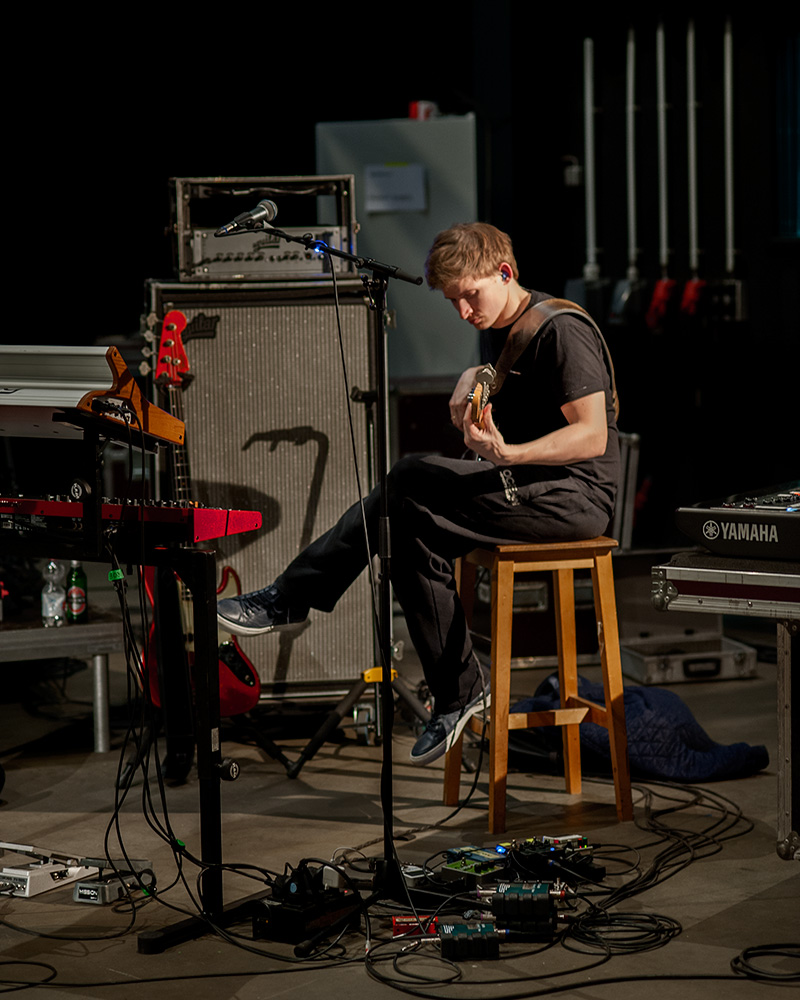
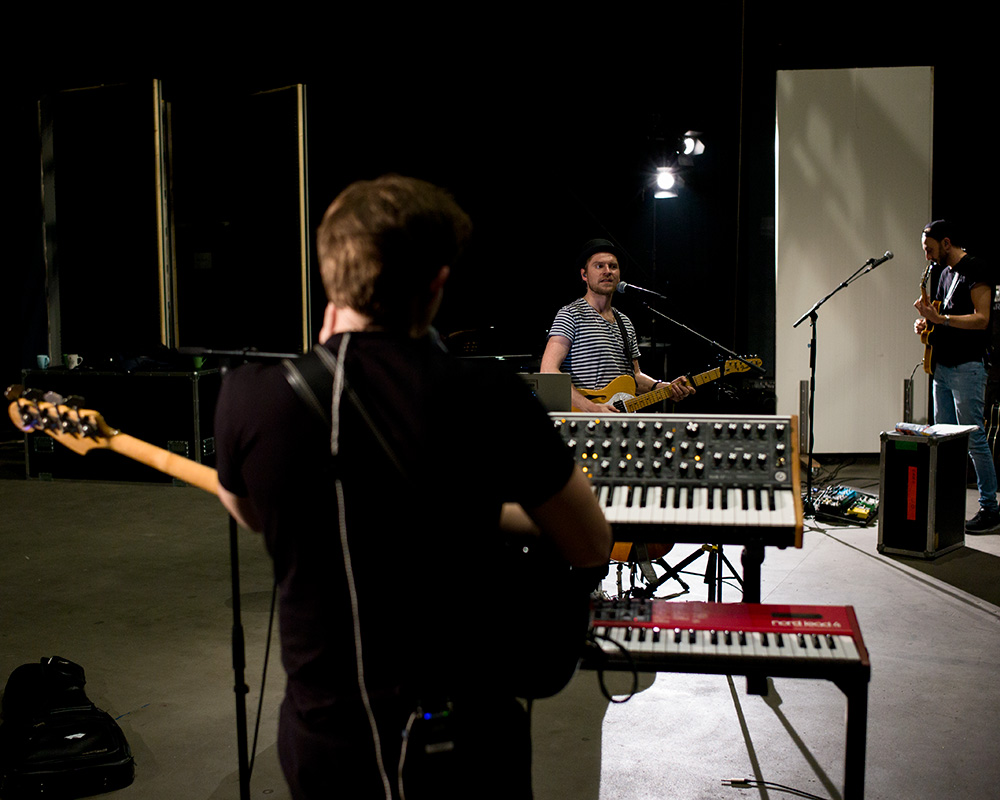
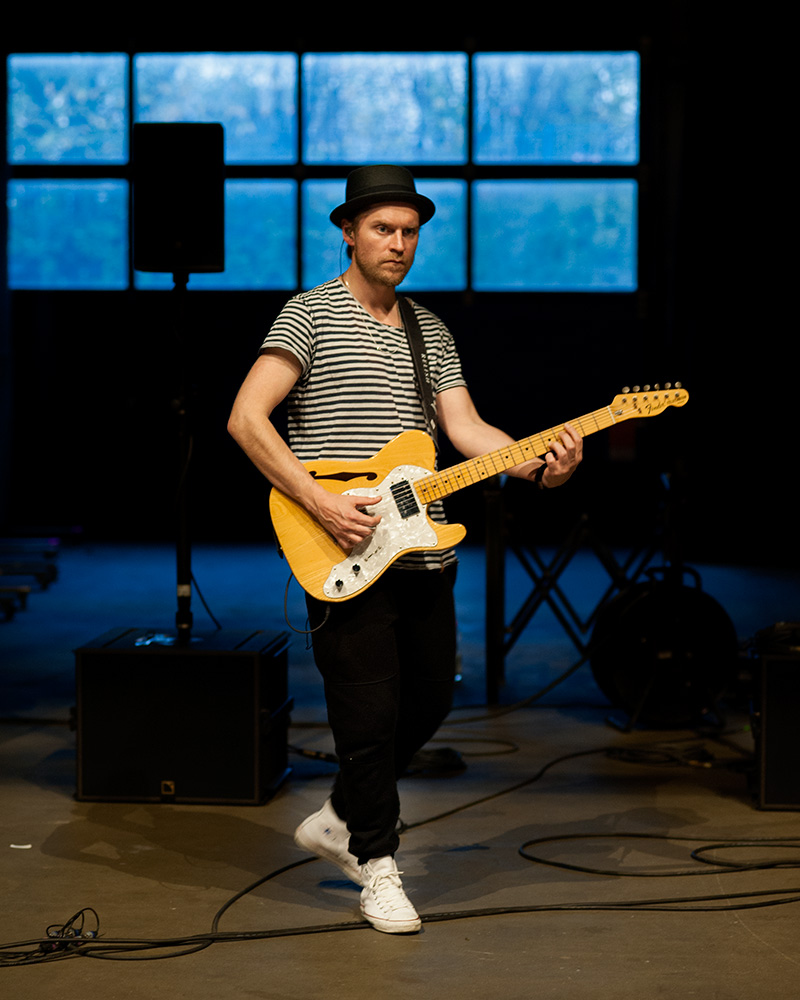
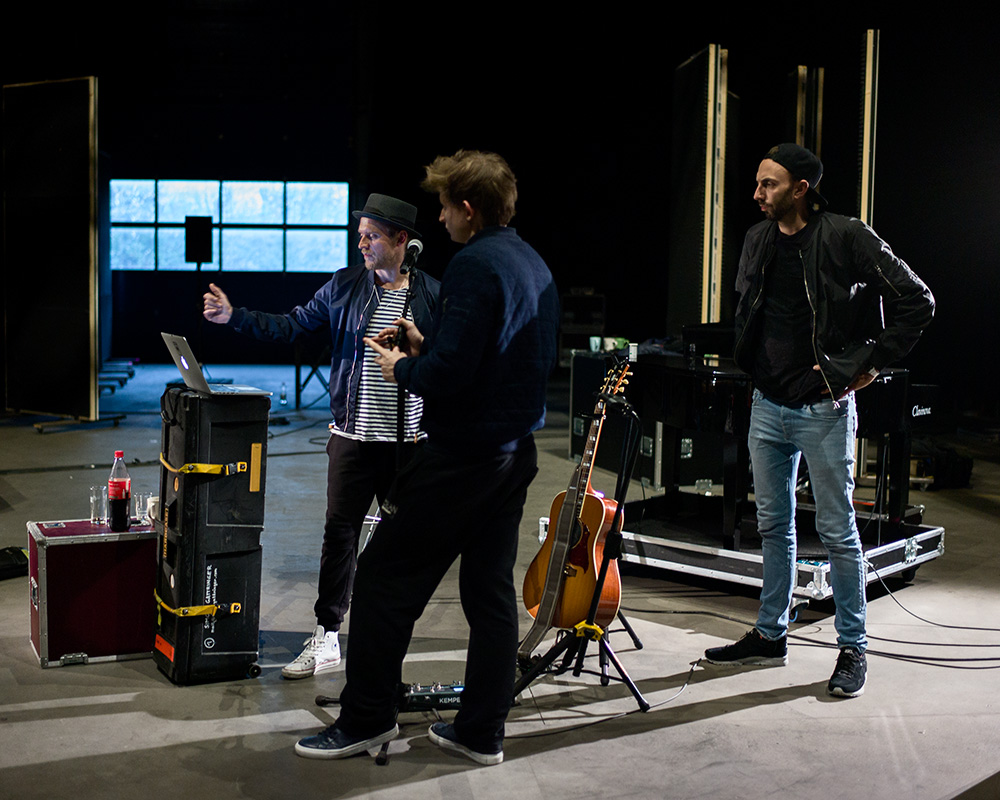
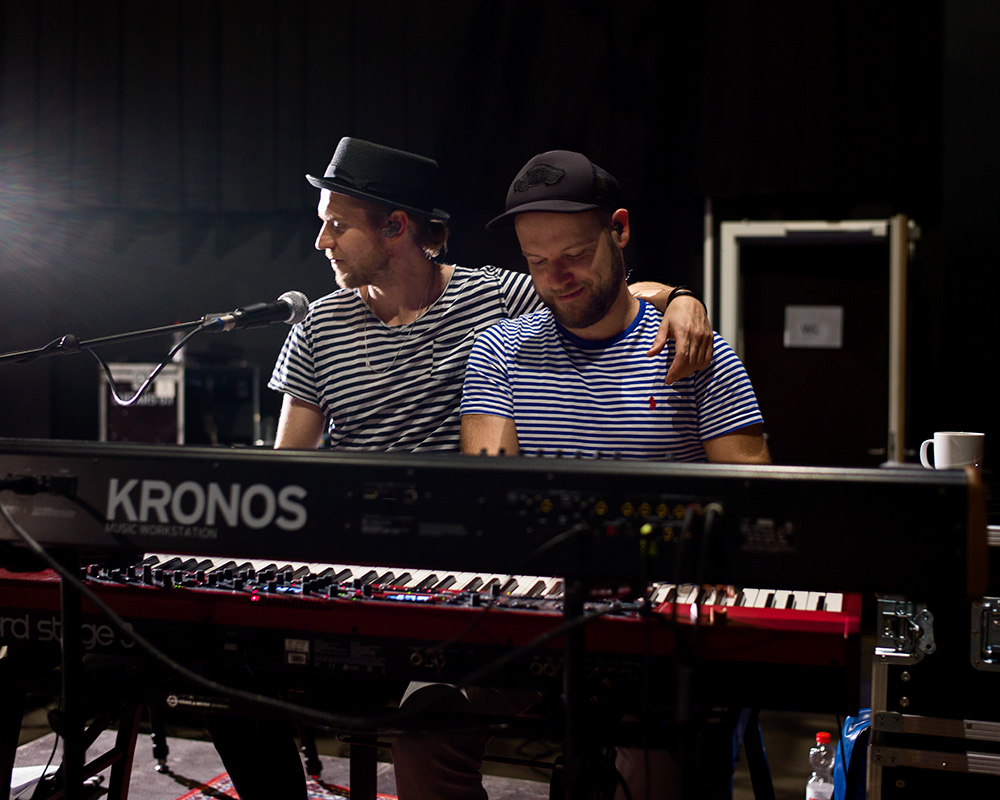
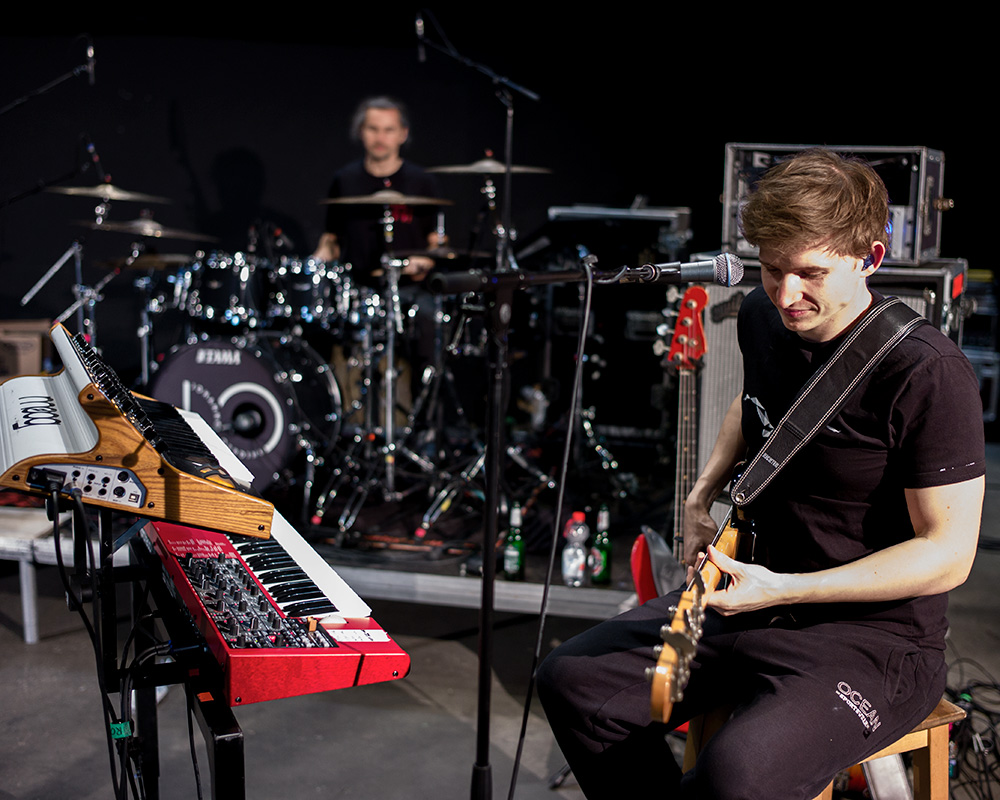
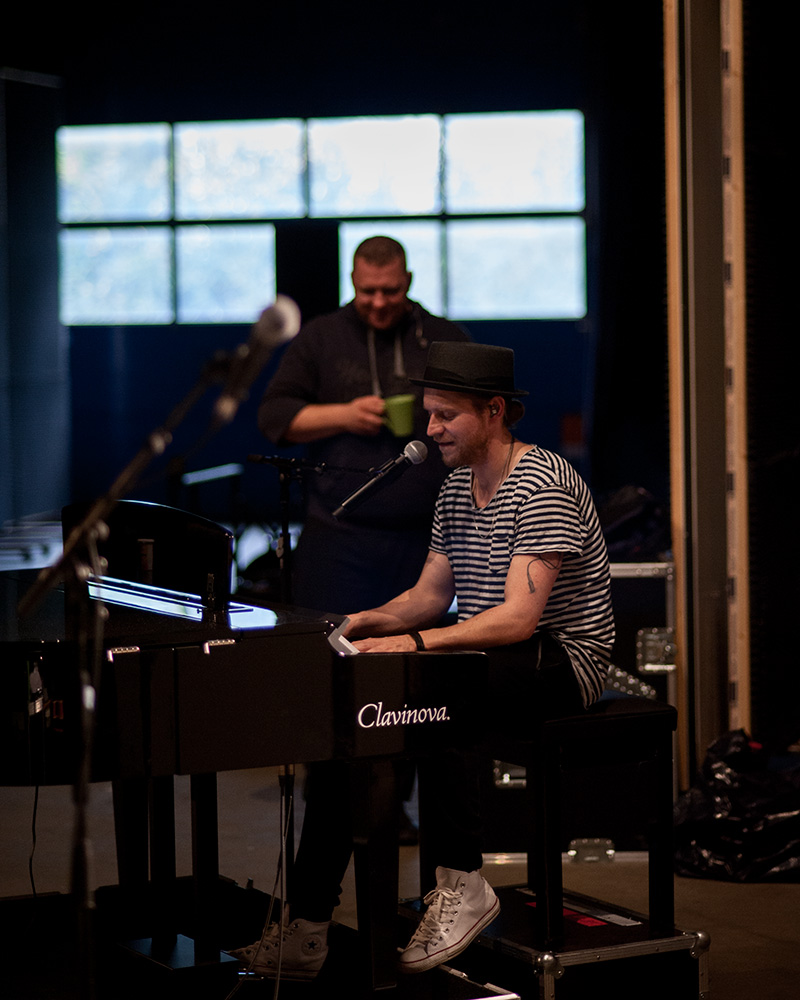
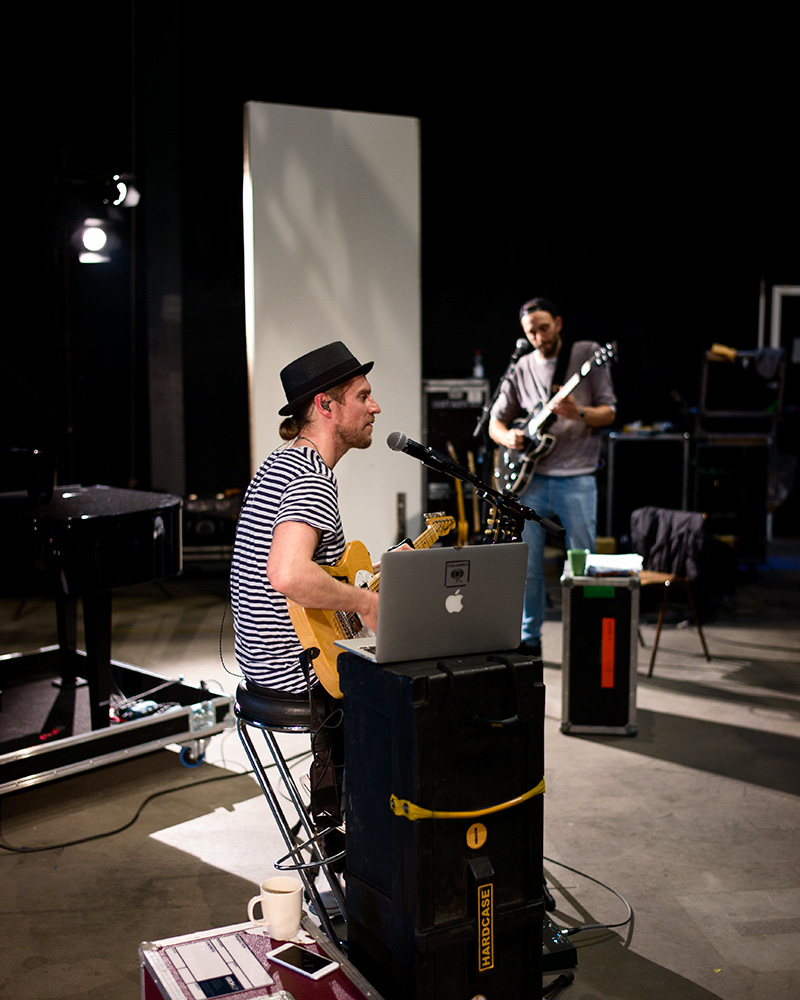
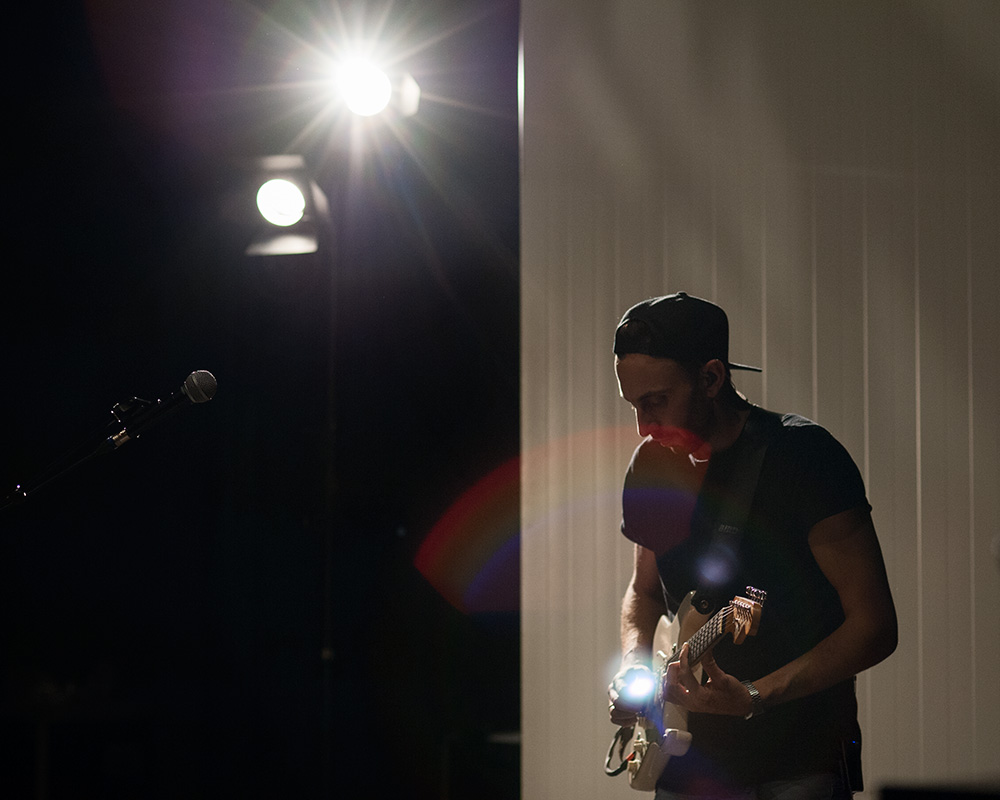
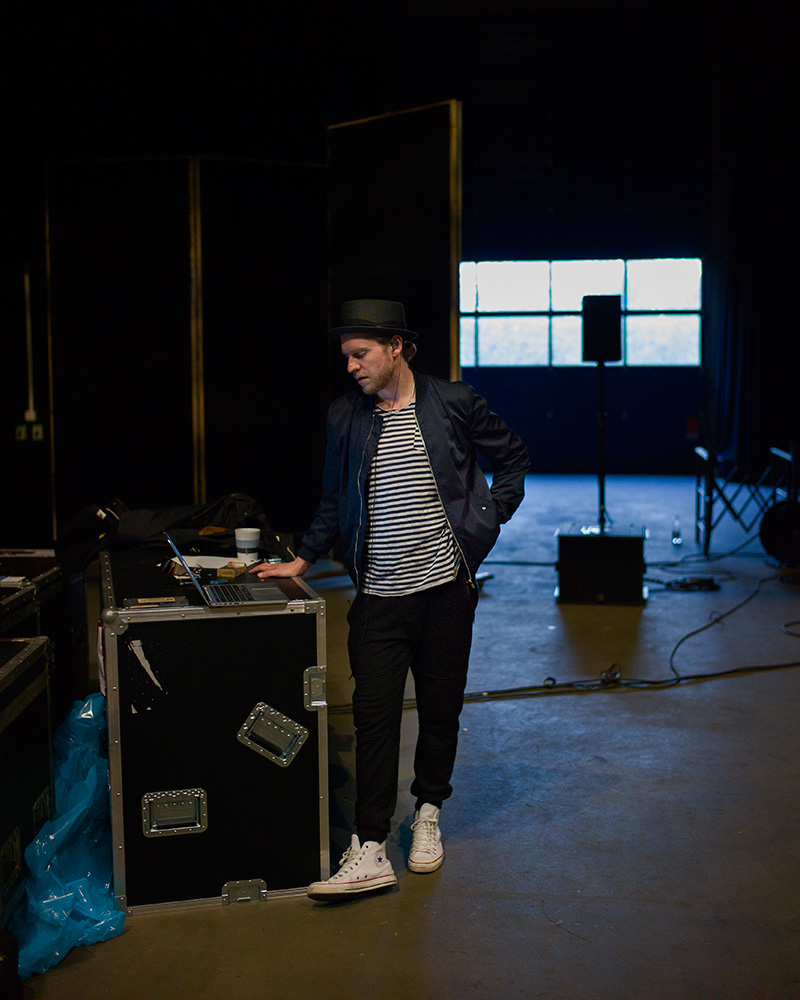

Es geht wieder auf Tour – Johannes Oerding und Band machen sich vom 25. Oktober bis 25. November auf, in Deutschland, Österreich und der Schweiz ihre Kreise zu ziehen. Letzte Woche waren die Proben … und hier gibt es einen kleinen Eindruck davon.












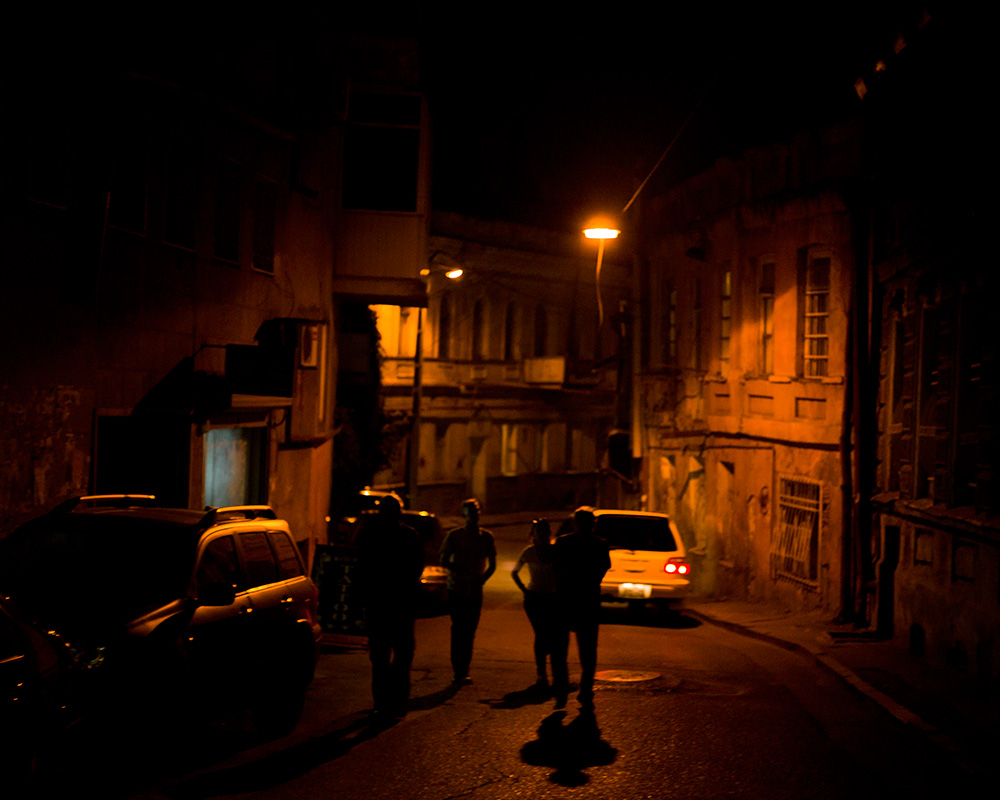
Recently, there was a feature on Arte, the French-German TV channel, titled „Der Sound von Tiflis (The Sound of Tbilisi)“. The story was about the founder of the electro music club Bassiani and his ambitions with the club – contrasting his way of looking at life with the point of view of an elderly man, a taxi driver.
So once again it was the story of either or – the open young man oriented towards the West versus the old man looking back at how things were better in the past. I just wonder, whether that’s really how it is?
One more reason for me to continue my photobook project about Georgia together with my Georgian counterparts …
And for all the German speakers among you, here’s a link to a teaser published on the web site of German magazine Spiegel online: http://bit.ly/2i7sHOc
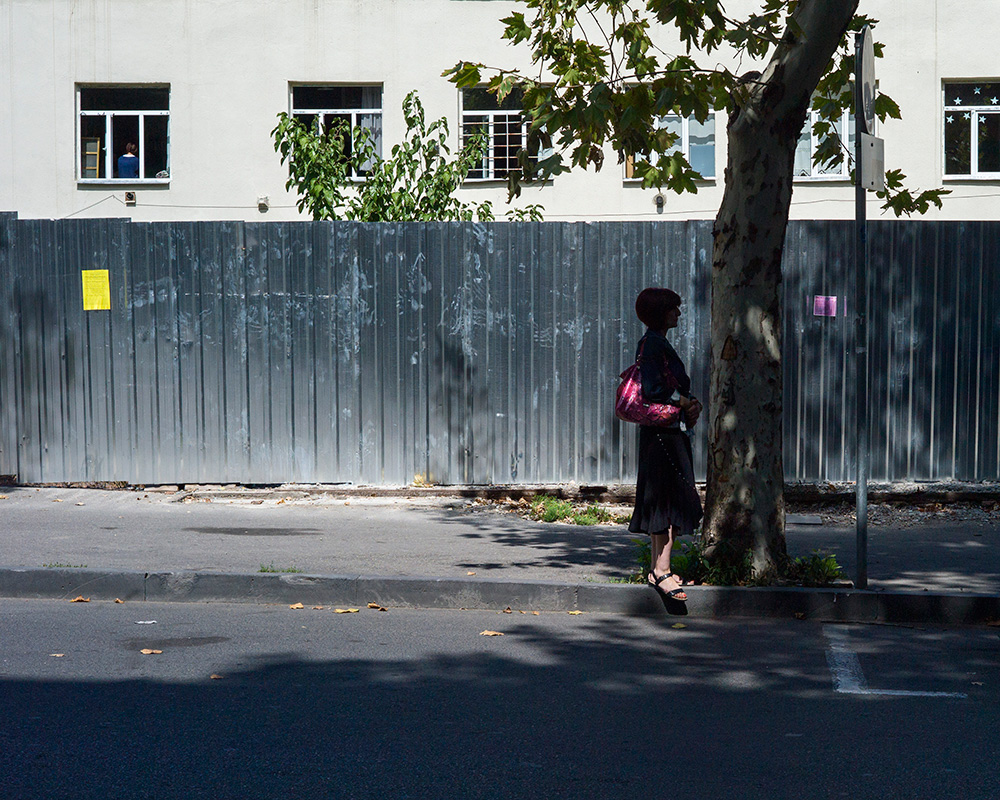
Is it my western eye, too easily trapped by what looks different? Or is it real? Roaming around in Georgia and especially in its capital Tbilisi, what always strikes me is the coexistence of old and new, traditions and modern lifestyle, church and party.
When reading about Georgia, when speaking with local friends and/or acquaintances it seems there is a strong tendency towards the West, whether it’s just the way of life in general, or, politically, western alliances, be that EU or Nato – then again every once in a while you also get strong disagreement with these findings.
And because it is and always will be difficult for me as a foreigner to fully understand what it is like to live in Georgia, I invited Georgian photographers to participate in this project. To add their point of view, their stories. So in the end, we will create a more widespread image of Saqartvelo (the Georgian name for their country). But more on that once we’re ready to talk about it …
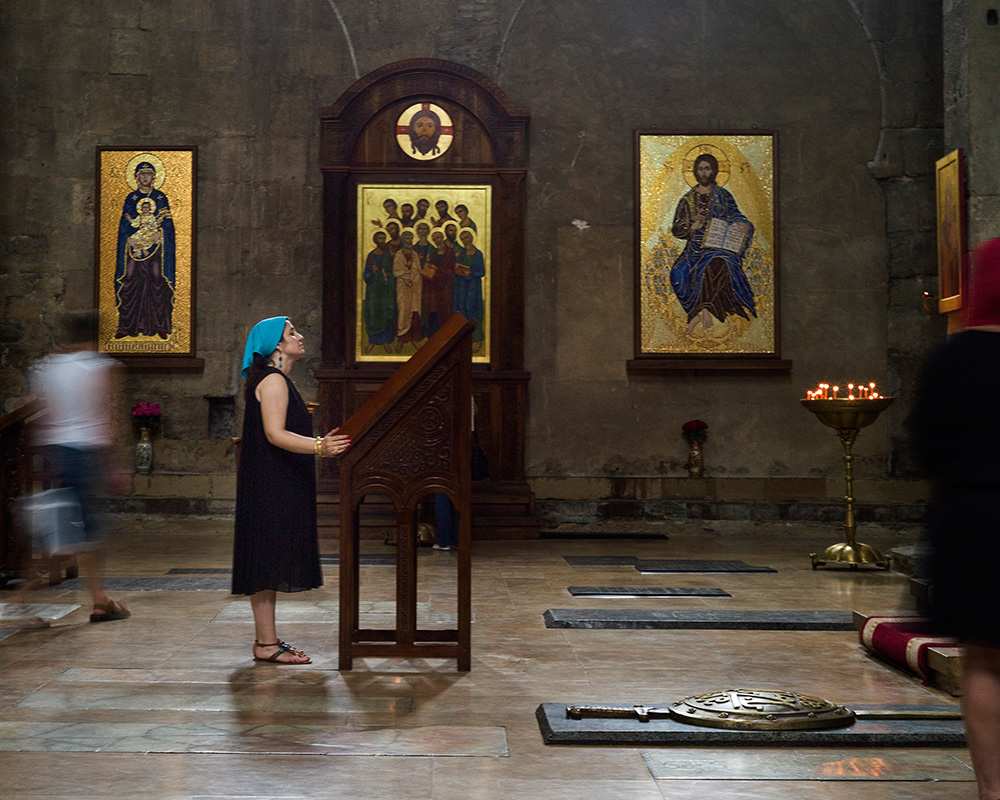
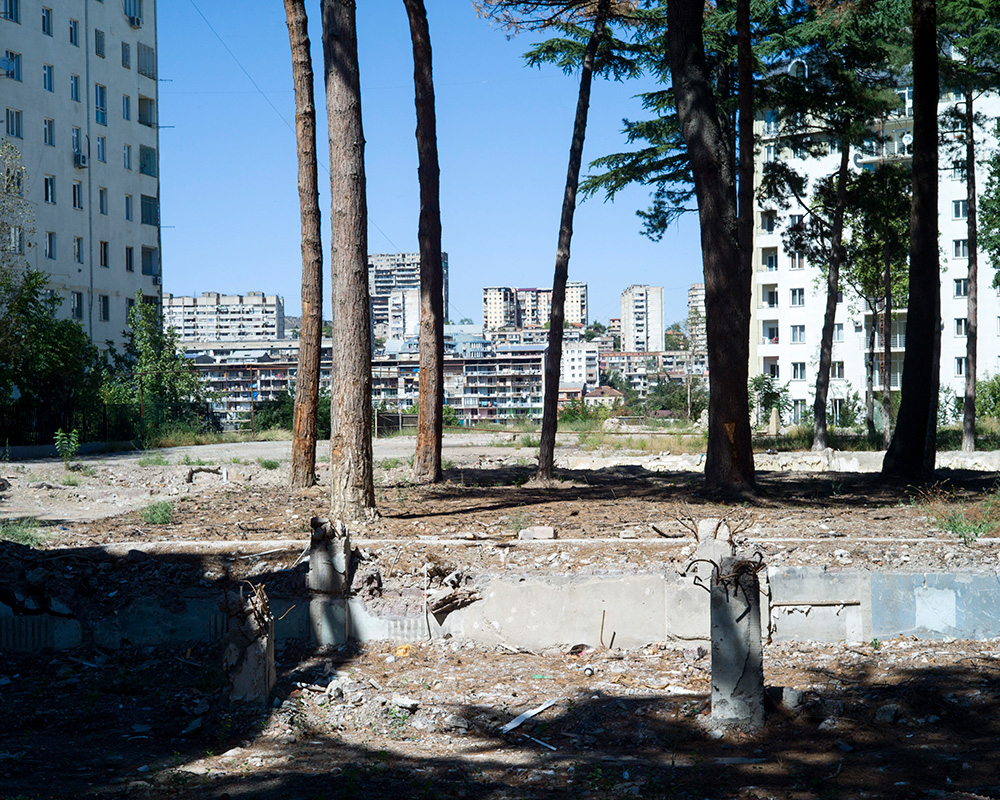
Tbilisi is under construction. Wherever you look there’s new skyscrapers being erected, roads that are being torn open – the city is experiencing a drastic change that’s already been going on for years with no end in sight. And even streets change their names, so if you were used to walking down Leselidze Street in the old part of town you will now have to look for Kote Afkhazi Street.
I wonder what that will do to the city and the people living here …
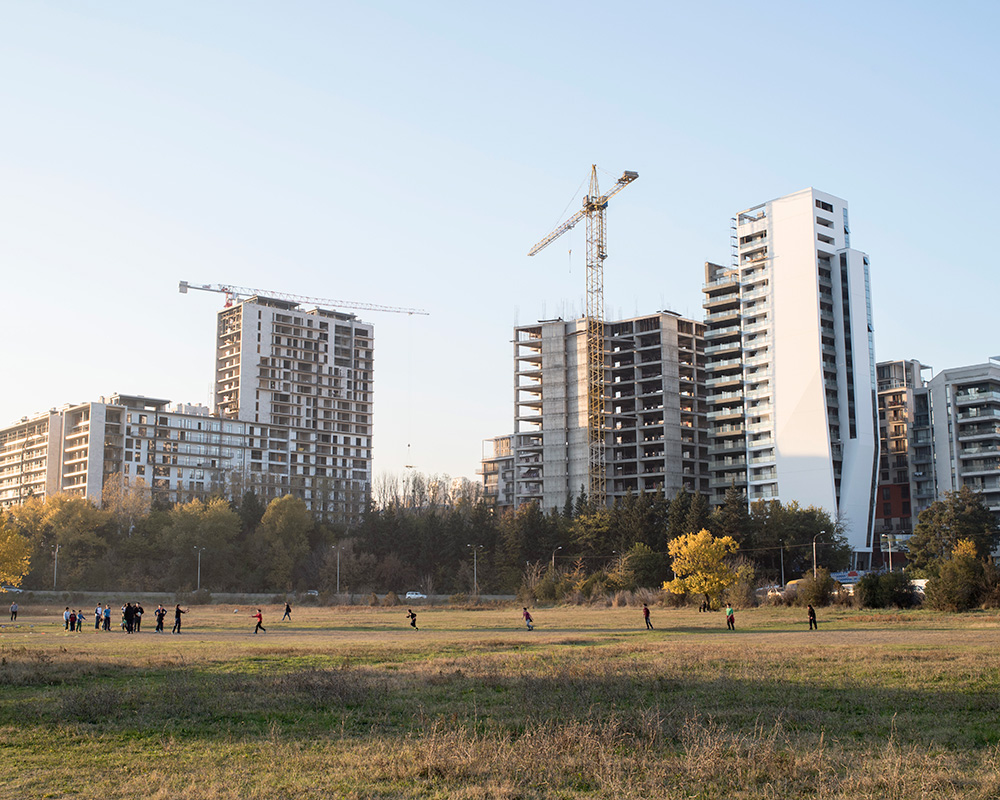
We met Madona in June of 2012. On this trip my wife Angelika accompanied me complementing my photography with video footage. We had heard about the issue of stray animals in Georgia and especially in Tbilisi and that about 100,000 dogs were killed in previous years.
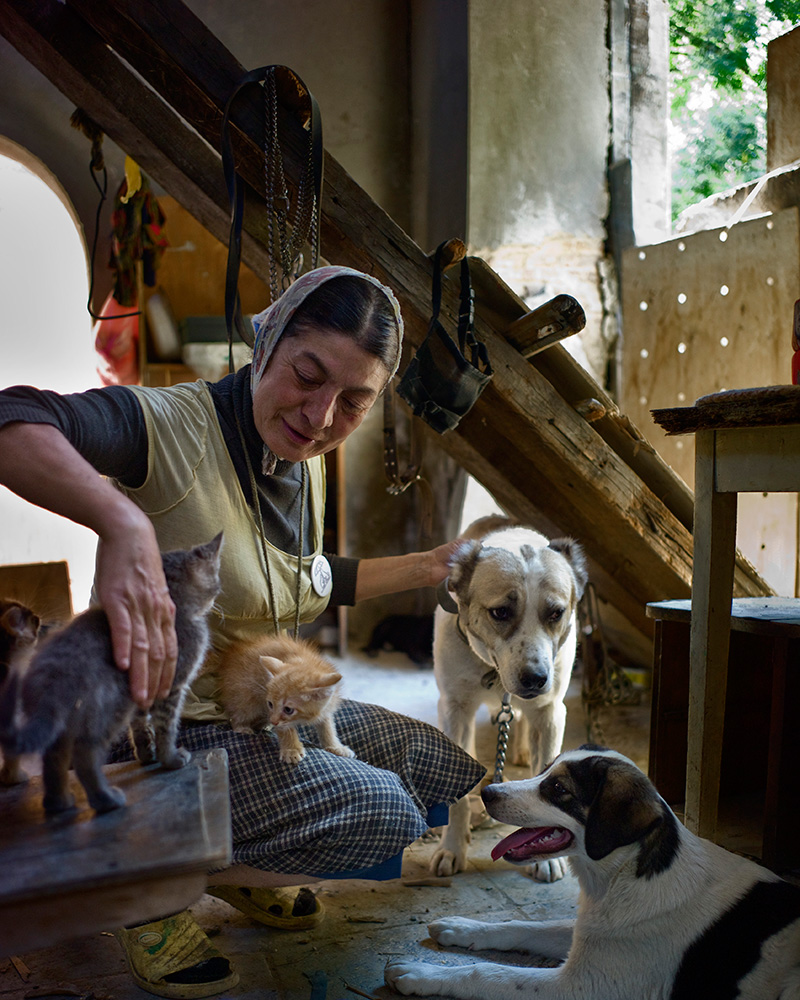
But we were also told there was this one particular woman who was looking after some of the stray dogs and cats and that she could usually be located somewhere around Sioni Church in Tbilisi’s old town. Which is where we found her the next day.
And even though we had no common language we found a way to communicate. She invited us into her place, introduced us to her fosterlings, picked up the Georgian guitar that hung on the wall and started to play and sing for us. She even insisted on giving us a bag of fresh produce as we were about to leave – a gesture were happy to return as we came back to leave some food for her and her four legged companions.
Her name is Madona Pepela, which she wrote on a piece of paper she gave us with her phone number. I still carry that note and the memory of that special moment with me.
Yesterday, I had one of those special Georgian experiences. I went on a trip to David Gareji, a monastery south east of Tbilisi, on the border of Azerbaijan. My friend Alex had arranged the trip and set me up with Tengo, the driver who picked me up in the morning.
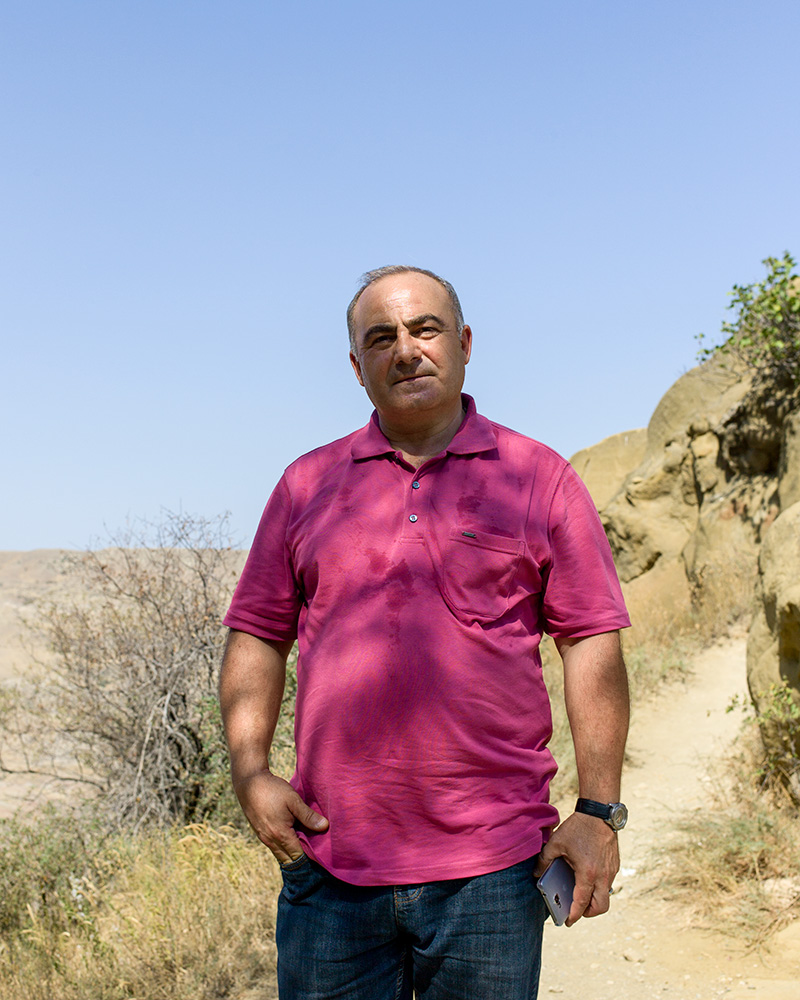
Tengo is Georgian but was born in Sukhumi, Abkhazia. And it took only a short while before we were deep into discussing Georgia, the government, politics and economics and of course his original home town Suchumi and what it meant to him. He also talked about his family and that he had a cousin in the town of Sagarejo – if I would be interested, we could visit him our way back.
So after we toured Davit Gareji and climbed all the way up and down the hill in blistering heat, we went on to visit cousin Vitali and his family.
We brought fresh produce – I had told Tengo I was vegetarian so we bought tomatos, cucumber, cheese and bread at the local market – and sure enough the table was quickly set up for us to enjoy the food and taste their home made wine and Chacha.
Then neighbor Josep joined us, who is basically part of the family. He is a singer who has already toured 28 countries performing Georgian folk music but also Italian classical songs.
We ate, drank, exchanged stories, toasted to life, family, peace, our countries and their friendship – and that we would now be friends as well.
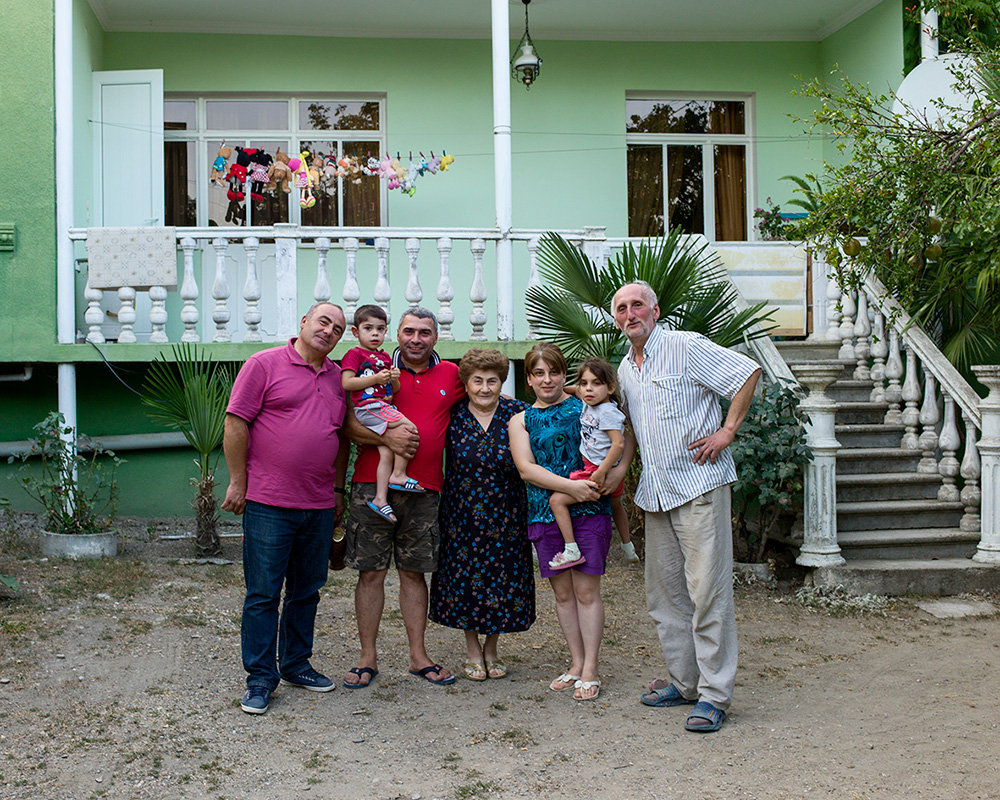
Thank you Tengo, Vitali with Otari, mother Eteri, Else with Barbare and Josep – for treating me as if I were family too.
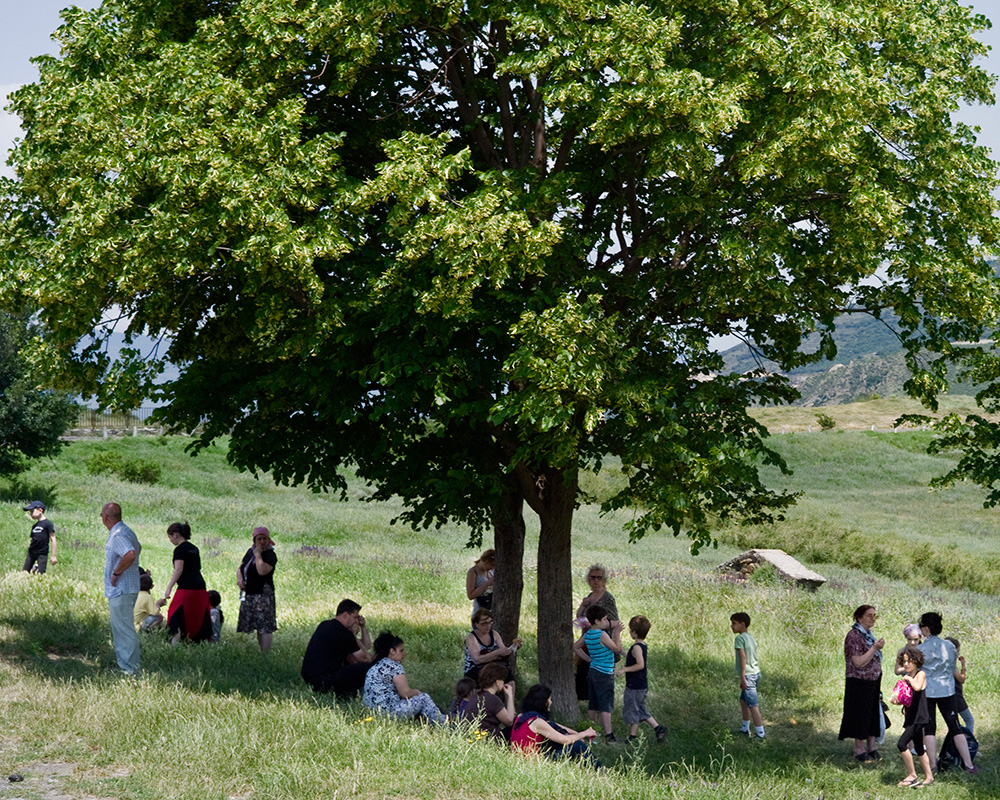
When I first came to Georgia I arrived with an open but uninformed mind. I was invited to take part in an international group exhibition at the Tbilisi History Museum with some of my wunderland works. Before I left for Tbilisi, my attempts at researching information about Georgia were not crowned with great success, so upon arrival my insights were limited to knowing the geographical location, that it was a former Soviet Republic, that their last war with Russia was in 2008 and that times were still challenging for the country and its people.
The following two weeks were an eye opening experience. I was introduced to the rich history and most of all to the almost unparalleled hospitality of the Georgians. We would spend time in Tbilisi, were invited into peoples homes and taken on trips throughout the country. When I left, my social media summary read „With Georgia on my mind I came, and with Georgia in my heart I left“.
This was in 2011 and it was the first of several trips to come. Each time I would see more, learn something new but leave with more questions than answers. Giving me even more reasons to come back.
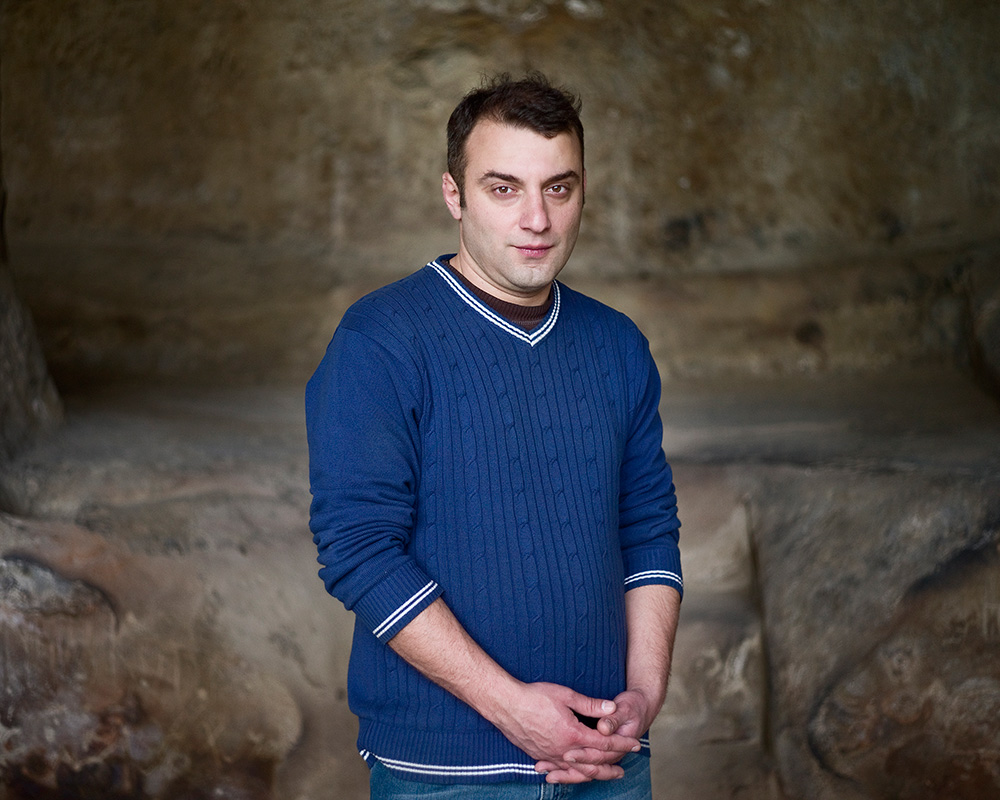
„Hello, how are you?“ I first met George Tabliashvili in a small town in Tuscany. We both participated in an international exibition at a small museum, where he showed his paintings and I some of my wunderland works.
We met the day after the opening on the museum’s doorsteps, he had stepped out for a smoke and I to escape the buzz inside – and we have been friends ever since.
George Tabliashvili was my first connection to Georgia and he has since become part of my project – as a source for insights, contacts and countless discussions.
Tamar was the queen of Georgia at the end of the 12th century. She led the country to the peak of its golden age, modernizing the political system introducing elements of civil rights, democracy and rule of law. Today, Georgia presents itself as an ambitious country in a crisis region. A further Sowjet Republic located in between Europe and Asia, shaped by traditions and economic challenges. Secession wars about the regions of Abkhasia and South Ossetia, a Rose Revolution but also free and independent presidential elections.
„Tamar, where are you?“ is an ongoing project about Georgia, approaching the country from a sociological/societal point of view – and it is a cooperation between me and Georgian photographers.
As a photographer, your view is always influenced by who you are – what catches your eye and what you deem worthy of being photographed is influenced by your background, your biography, your socialization. Which is why I teamed up with Georgian photographers: their approach, their stories will be different than mine and together we will work on a more in-depth view into a fascinating country.
And from tomorrow on, I will be on my next trip to Georgia, flying in to Tbilisi. To see, to hear, to learn – to make pictures, to meet photographers and talk about their stories. And here’s the place where I will share my impressions on a regular basis.
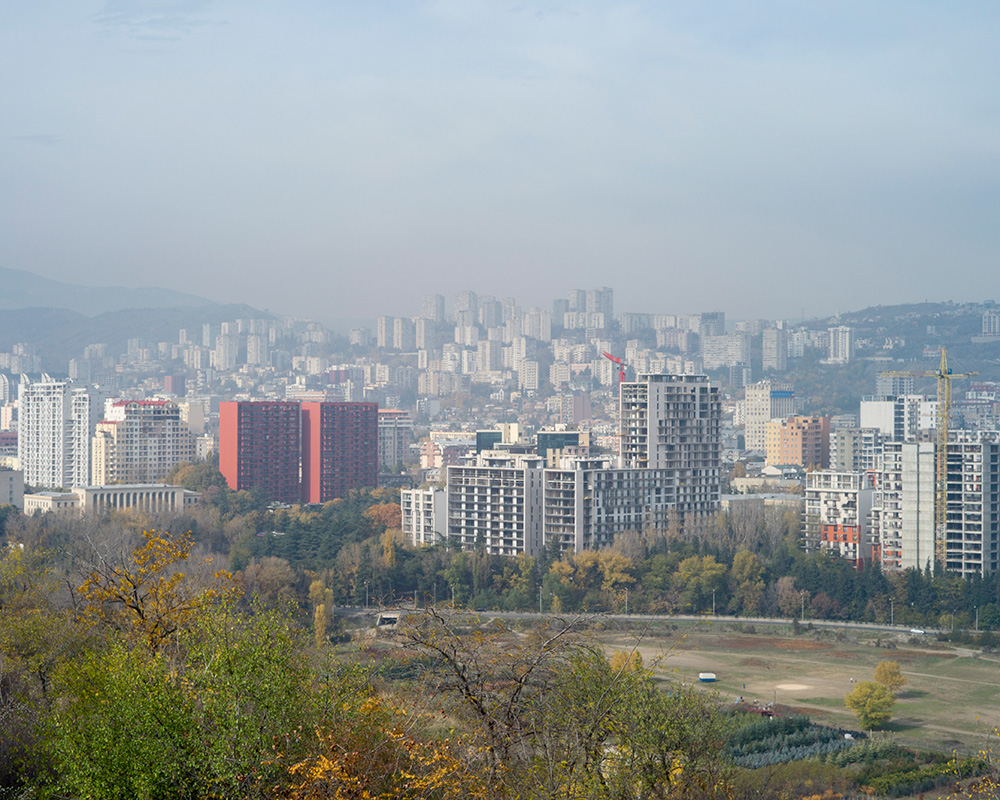
(See below for English translation)
Was für ein schöner Abend, gestern, in den Räumen des Bildungszentrums in Nürnberg, wo wir auf Einladung des DAI, Deutsch Amerikanisches Institut, unser Projekt looking for wonderland in Fotos, Text und Film präsentieren konnten.
Herzlichen Dank an DAI und Bildungszentrum für die Einladung und die perfekte Vorbereitung – und an alle Besucher fürs Schauen, Zuhören und lebhafte Diskutieren hinterher.
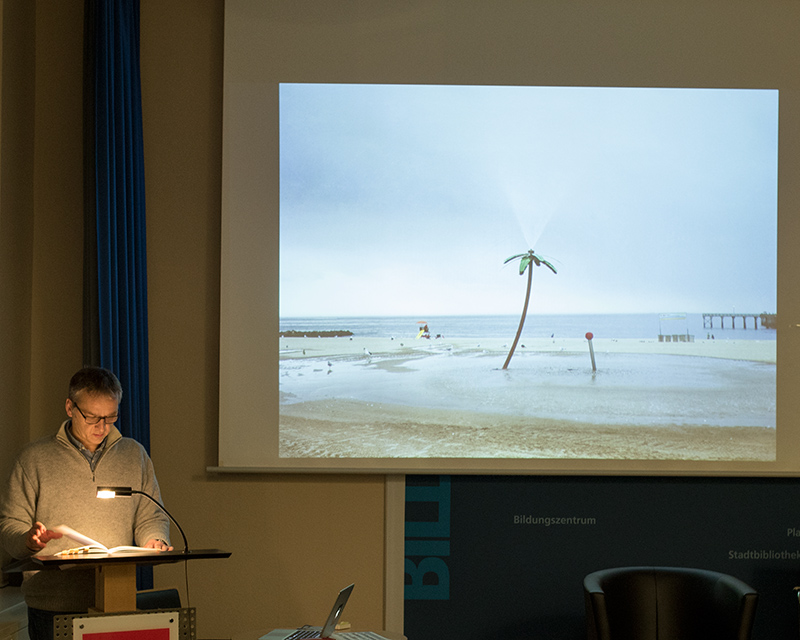
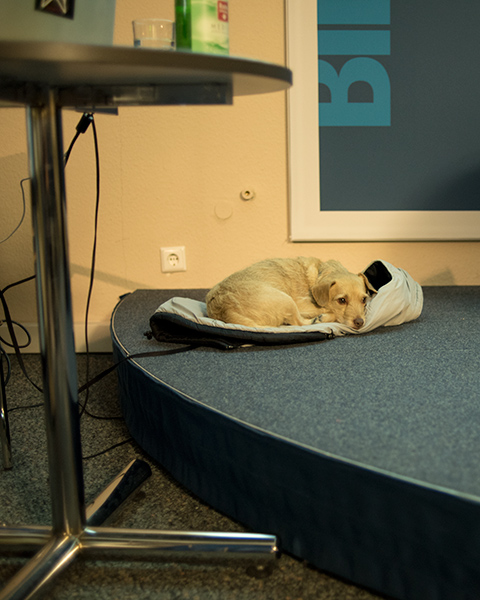
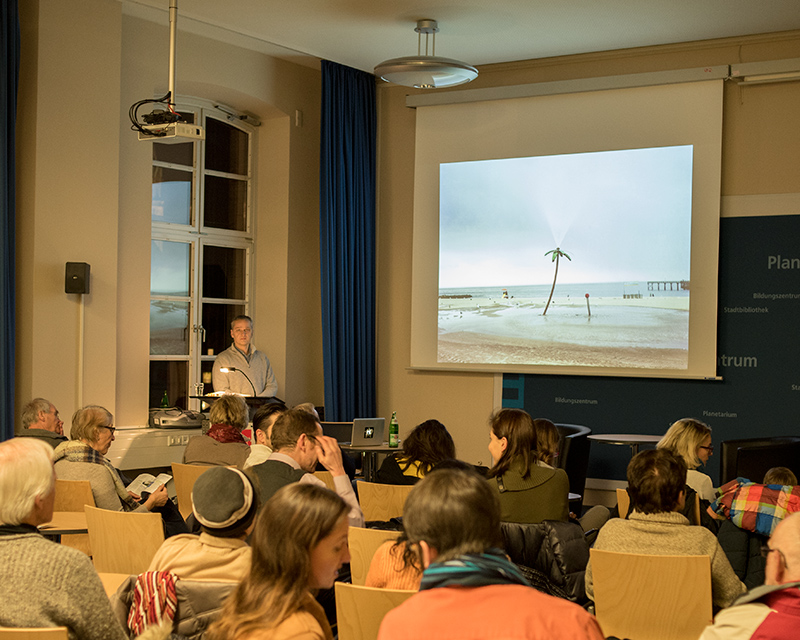
What a great evening it was yesterday at the Bildungszentrum in Nürnberg, where we presented our project looking for wonderland in photos, text and film – upon invitation by the DAI, Deutsch Amerikanisches Institut.
Thank you to DAI and Bildungszentrum for the perfect organization and to everyone who came to watch, listen and discuss.